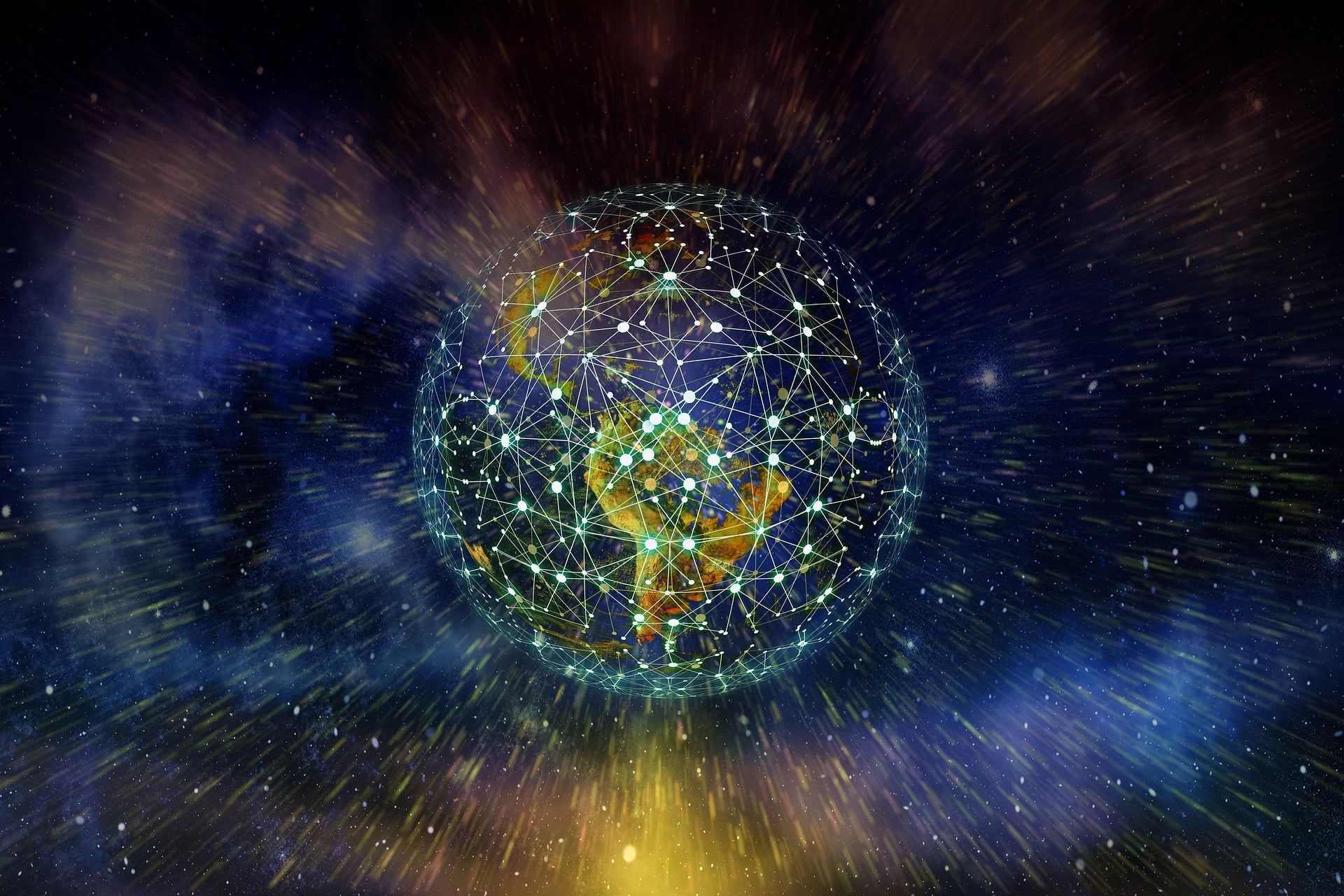The way people work has continued to evolve over the past few decades thanks to the proliferation of the Internet and the advancement of communication tools that continue to enable remote work. Only recently, in the wake of the COVID-19 pandemic, did many organizations realize the viability of remote working as employees continued to work from home while respective governments imposed bans.
The crypto industry is not new to remote working as most projects are developed and executed by multifunctional teams whose members are spread across different regions. Interestingly, these decentralized teams complement cryptocurrency technology, the core attribute of which is the decentralization of information.
Leading crypto exchange operator Coinbase recently became a decentralized company. The company decided to decentralize after a while as a remote first company that encouraged employees to work from anywhere in the world. According to Brian Armstrong, CEO and founder of Coinbase, the decision to become a decentralized company was influenced by the success of its remote-first approach during the COVID-19 pandemic. It made them realize that an overwhelming 94% of the workforce believed remote working was beneficial. It gave them autonomy, flexibility, and the ability to focus while enjoying their personal time. In turn, the employee-friendly labor policy has helped the company attract some of the top talent from around the world. Overall, the commitment, affiliation, learning and creativity of the team members should have increased.
When it comes to decentralized businesses with a global workforce, traditional ownership structures and a top-down approach to corporate governance may not be an efficient option. By empowering people at different levels to participate in the decision-making process, companies can become more diverse and adapt to changing local scenarios. DAOs, short for Decentralized Autonomous Organizations, are created to democratize the entire process. In 2016, a company called DAO started on the Ethereum blockchain. The company’s life was short-lived as security issues led to a hack that forced the blockchain to be suspended and hard forged. However, the short duration of this new application of blockchain technology has successfully proven the DAO concept and led to further developments.
DAOs are programs that organizations can use without a hierarchical administrative structure. Instead, the community of stakeholders in a project or company can participate in various roles that are necessary for the smooth functioning and growth of the company. In return, they receive rewards for their contributions to the ecosystem.
DAOs that evolve with Web 3.0
In the evolutionary journey of the Internet, the next step is referred to as Web 3.0. It is about the decentralization of the technical infrastructure, whereby largely collaborative measures are used, in which everyone can contribute or consume information without restrictions from third parties. Companies that remain relevant in this age need a new organizational structure in order to communicate and manage decentralized collaborations. This development is made possible by the integration of fully functional DAOs. Most DAOs today, however, limit themselves to the structure of the voting shell, which leaves room for many improvements in the segment.
The availability of full-featured DAOs makes it easier for companies planning to set up and manage a decentralized business on a Coinbase basis. It is only a matter of time before technical constraints on the complexity and scalability of smart contracts for DAOs and the associated high gas costs are overcome in order to drive the introduction of decentralized collaboration and governance.
The Metis DAO Way – The Future of Collaborative Organizations
The solution to the problems that hinder widespread adoption of DAOs is Metis – a layer 2 solution based on the Ethereum blockchain. By using a combination of optimistic governance and a range of microservice tools, Metis offers scalability, affordability and accessibility for a user-friendly DAO infrastructure.
Creating a decentralized company on the Metis DAO platform is a simple three-step process. A DAO on the Metis platform enables collaboration between users via an embedded trust mechanism that uses stake ties to ensure the accountability of all participants. For the sake of transparency and verifiability, Metis implements a decentralized business credentials system that evaluates the history of the collaboration to assign reputation power that is directly linked to eligible incentives.
As a Layer 2 solution, Metis will process all transactions in the tailor-made Optimistic Rollup side chain, which combines several transactions into a single rollup block, the hash of which is linked to the Ethereum blockchain by an intelligent contract. This drastically reduces the number of entries in the blockchain, thereby lowering the gas charges required to maintain the DAO. In addition, many embedded templates for governance and management at level 2 will be included, including task management, knowledge management, event management, chat room, forum and many more functions that can be accessed through a simplified, user-friendly web interface.
Metis is to become the platform for the creation of decentralized autonomous companies / groups with all their functions for the new Web 3.0. In the coming days, Metis will organize a token airdrop and public sale to give the community the opportunity to become part of the new movement.
Image by Gerd Altmann from Pixabay

